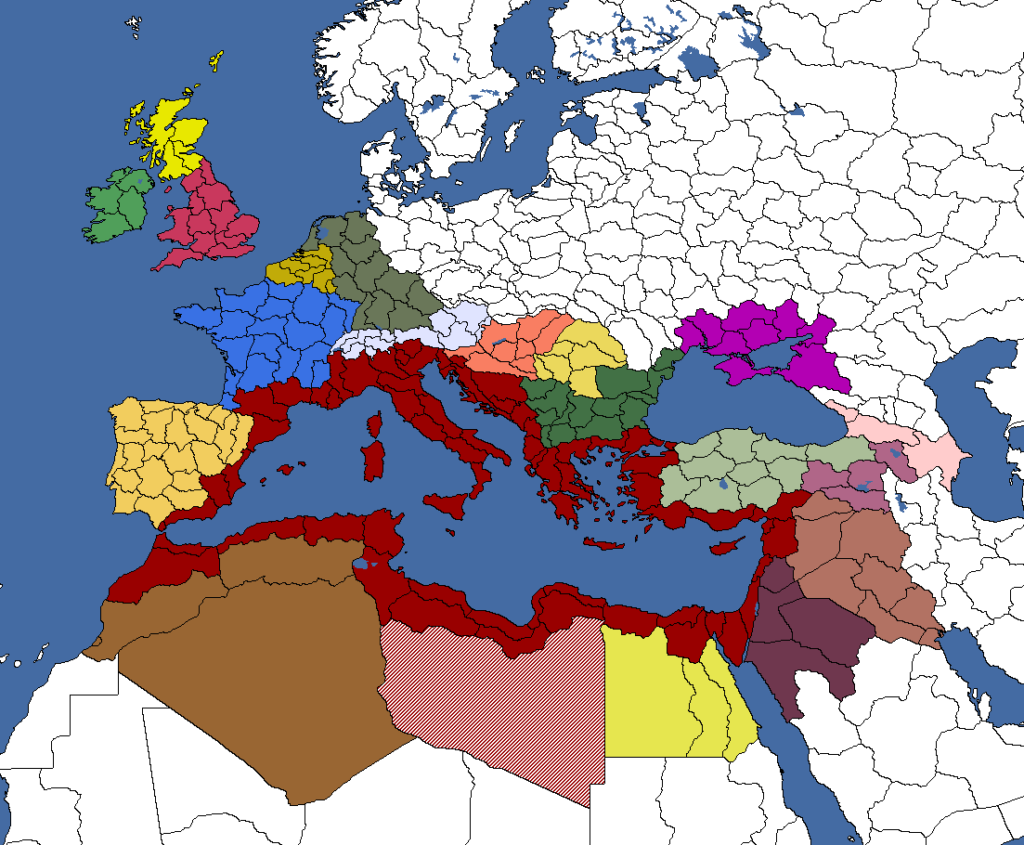Well that is a title! An ethics course all sorted in one short post – thus proving that miracles are for today. Cessationism has ceased as of now (had to look up how to spell that word… I always have difficulty with such words… also Calvinism or Reformed – just don’t know why).
How we should behave. That is important as our faith runs much deeper than what we believe and although the books like to separate justification from sanctification that is bit like dissecting the frog to see how it functions, but afterwards the frog just does not work.
The ethics of the NT are relational, eschatological, and redemptive. Or so I think.
Relational:
[S]o we, who are many, are one body in Christ, and individually we are members one of another (Rom. 12:5).
[Gifts] for the common good (1 Cor. 12).
So then, putting away falsehood, let each of you speak the truth with your neighbor, for we are members of one another (Ephes. 4:25).
Strong words indeed. And the wording goes beyond ‘you are members of a body’ but ‘of one another’. This is not being added to an organisation and even goes beyond being added to a living fellowship where we have something in common. We are – whether we like it or not – intrinsically part of each other, and Paul suggests that we are Christ (clumsy language by the aforementioned apostle?). Well he is not at any level of confusion, no more than the one who spoke from heaven saying that Paul was persecuting him (he does not say why are you persecuting my followers). There is Jesus the resurrected Messiah but those who have responded are so ‘in Messiah’ that they are intrinsically connected to each other. This depth of relational bond is deep and seems to shape Paul’s ‘household code’ instructions. He does not resort to hierarchy (submit to the one above) but to mutual submission to one another ‘in the fear of Christ’ – a voluntary and reciprocal relationship to one another.
The ethics are eschatological: not based simply on a future event when we will be assessed but acknowledging that ‘new creation’ is here. It affects our sight of everyone, all former (‘fallen’ creation) categories are irrelevant and gone (2 Cor. 5:16). And the ‘new creation’ is one of openness, thus it is not a case of ‘not lying’ but of not leaving a falsehood (Eph. 4:25, as far as is possible, we cannot take responsibility for what a person hears but we can go a long way so as they receive a true picture).
The ethics of the kingdom do not bring things back to ‘neutral’ but go from the negative to the positive,
Those who steal must give up stealing; rather, let them labor, doing good work with their own hands, so as to have something to share with the needy (Ephes. 4:25).
To steal is to take what is not ours (the negative) and the response is to stop stealing (the neutral position) so as to give (giving what is theirs… thus a complete shift beyond the ‘stopping’ of an action.
Redemptive. There are times that ‘the lesser of two evils’ is used thus acknowledging that we live in a challenging world. I understand what that phrase means but I think we should reshape it to be ‘make the most redemptive choice possible’. I think God does this continually. When eggs are scrambled it is not possible to put them back in their shells and life can be like that. Messed up and no way to go ‘back’ to the pre-mess state. God is the God of the future… so where to from here. Redemptive choices are of that order. We find ourselves here, what can be done to move to a better place, acknowledging it is not going to be perfect place.
So there you have it my very inadequate ethics class!




